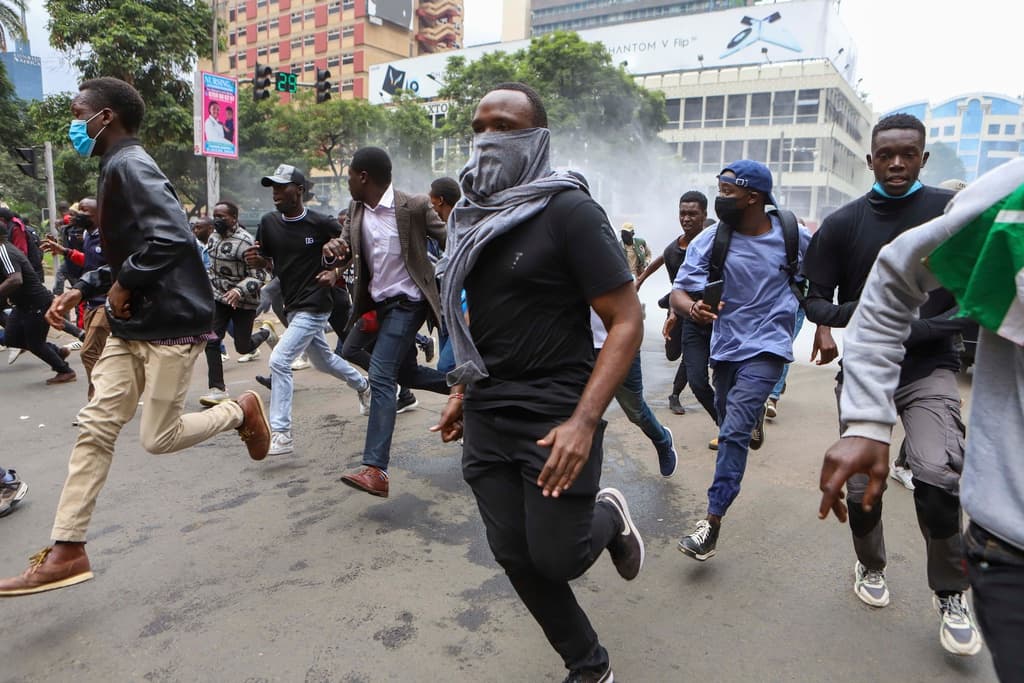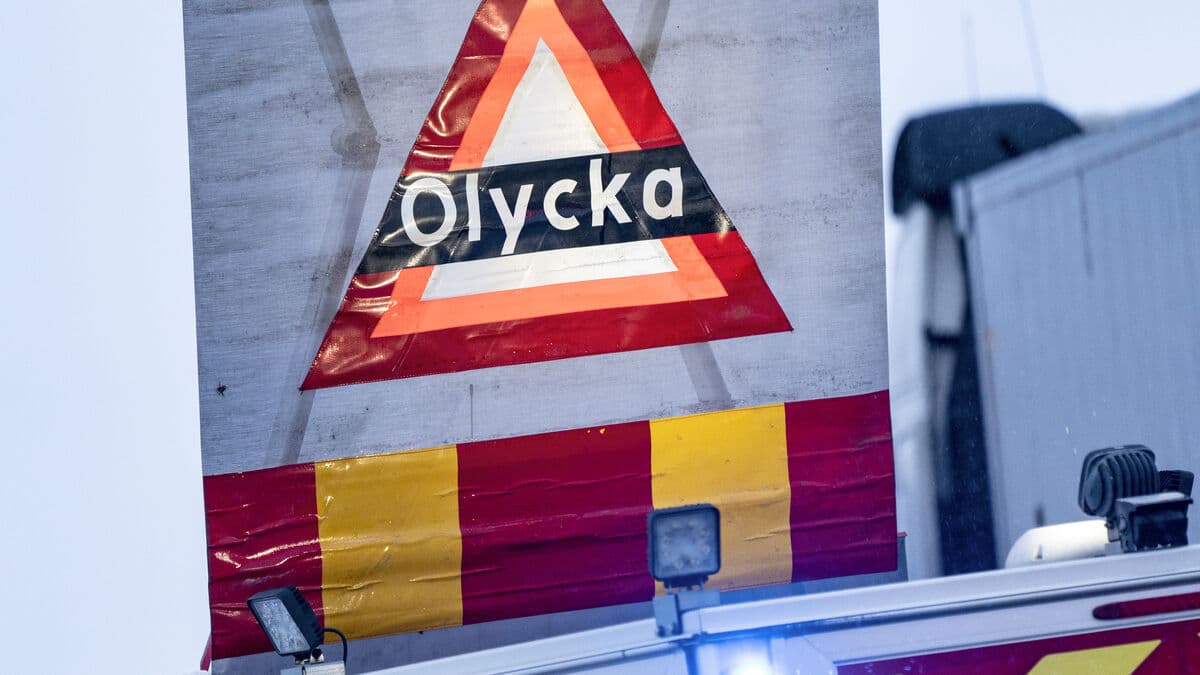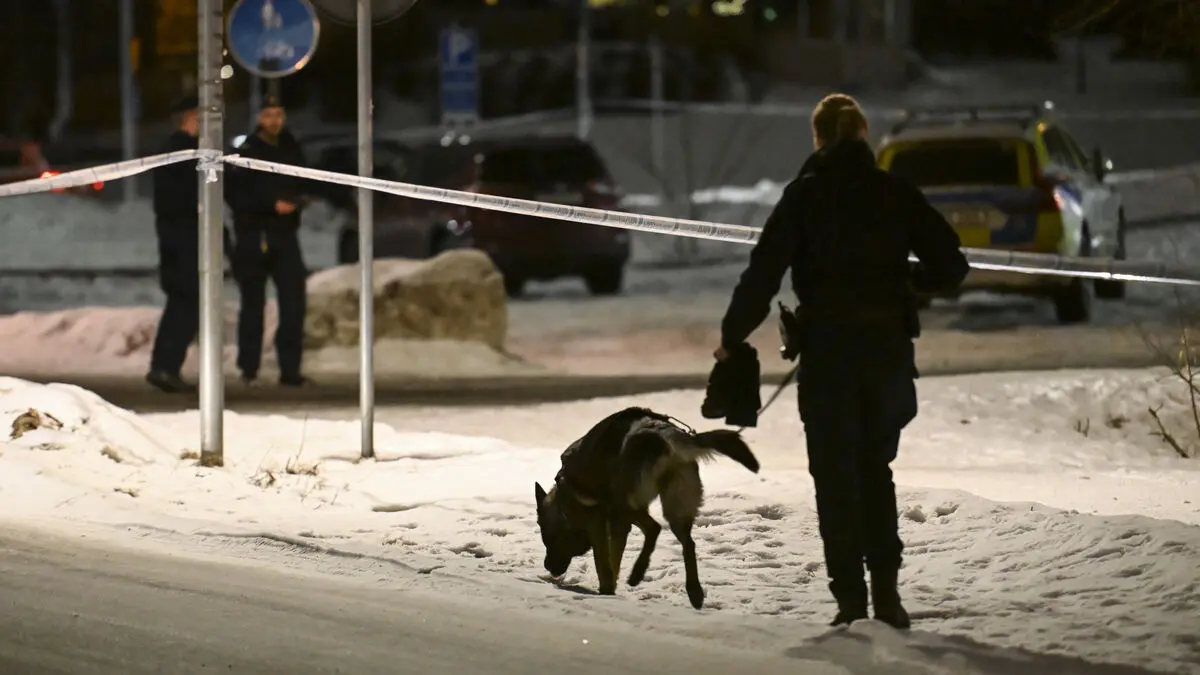Kenyans – largely young people – have been protesting against soaring living costs for almost a week.
Two people have lost their lives.
A 21-year-old man died in the capital Nairobi after being hit by a tear gas canister during the youth-led protests. Another death is being investigated, where a 29-year-old man is suspected to have been shot by a police officer.
It is tragic that a young person can lose their life simply for agitating against the high living costs, says Ernest Cornel, spokesperson for a local human rights organisation.
The violent protests began on Tuesday in the capital and spread across the country with a call for a national strike on 25 June. Several organisations have reported that at least 200 people were injured in Nairobi during Thursday's protests.
The demonstrations are rooted in widespread anger against President William Ruto's economic policy, including tax increases.
As a result of the protests, the economically hard-pressed government agreed earlier in the week to withdraw several proposals for tax increases – for example, on bread and cooking oil.
However, the intention is still to raise several taxes, citing the need for the government to increase revenue to reduce the budget deficit.
Kenya is one of the most dynamic economies in East Africa, but a third of its approximately 51 million inhabitants live in poverty.






